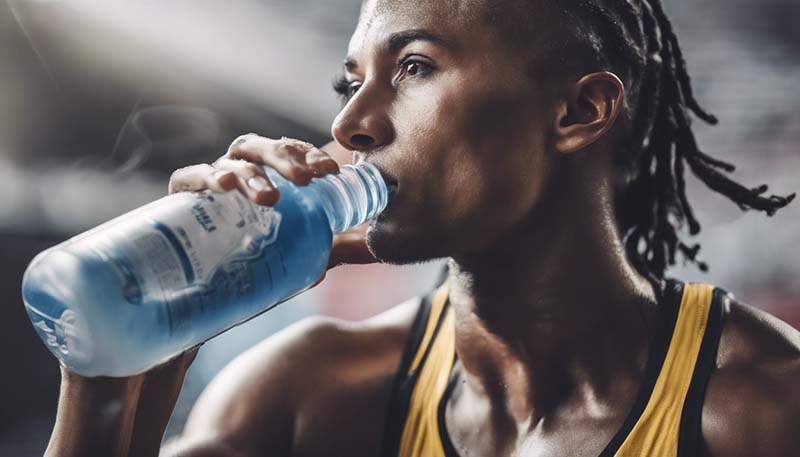The Importance of Electrolytes in Sports Nutrition
2024-03-28
The Importance of Electrolytes in Sports Nutrition
Introduction
Electrolytes are essential minerals that your body needs to function properly. They are vital for maintaining fluid balance, regulating nerve and muscle function, and supporting many other important bodily functions. In the context of sports nutrition, electrolytes play a critical role in maintaining peak performance, preventing dehydration, and aiding recovery.
Understanding Electrolytes
Electrolytes are minerals that carry an electric charge when dissolved in body fluids. The most well-known electrolytes include sodium, potassium, calcium, magnesium, chloride, and phosphate. Each of these electrolytes has a specific function in the body:
- Sodium: Helps regulate fluid balance and blood pressure.
- Potassium: Aids in muscle contraction and nerve signal transmission.
- Calcium: Plays a role in muscle contraction, blood clotting, and bone health.
- Magnesium: Supports energy production and protein synthesis.
- Chloride: Maintains fluid balance and supports digestion.
- Phosphate: Part of the energy storage molecule ATP and crucial for bone health.
Why Electrolytes Matter in Sports Nutrition
During intense physical activity, your body loses electrolytes through sweat. This loss can lead to imbalances that can affect your performance and overall health. Here's how electrolytes are crucial for athletes and physically active individuals:
Advertisement
1. Hydration
Electrolytes, particularly sodium, help regulate fluid balance in the body. When you sweat, you lose both water and sodium, which can lead to dehydration if not replenished. Consuming electrolytes can help maintain hydration levels during and after exercise.
2. Muscle Function
Electrolytes are essential for proper muscle contraction. For example, potassium is necessary for muscle function, and a deficiency can lead to muscle cramps, spasms, or weakness. Replenishing electrolytes can help prevent muscle-related issues during sports.
3. Energy Production
Magnesium plays a role in energy production, and a deficiency can lead to fatigue. By ensuring adequate electrolyte levels, athletes can maintain energy levels throughout their workouts and competitions.
4. Nerve Function
Nerves rely on electrolytes for signal transmission. A deficiency in sodium or potassium can impair nerve function, leading to issues like muscle twitching or even seizures in severe cases.
5. Bone Health
Calcium and phosphate are essential for bone health. While not directly related to sports performance, maintaining bone health is important for overall well-being and injury prevention.
How to Replenish Electrolytes
There are several ways to replenish electrolytes, especially after a workout:
1. Sports Drinks
Many sports drinks are formulated with electrolytes to help athletes replenish what they lose in sweat. These can be a convenient way to replenish electrolytes during and after exercise.
2. Foods
Certain foods are also rich in electrolyites. For example, bananas are high in potassium, while milk is a good source of calcium and sodium.
3. Electrolyte Supplements
For individuals who engage in high-intensity or prolonged exercise, electrolyte supplements can be a way to ensure they are getting enough electrolytes. These should be used under the guidance of a healthcare professional or sports nutritionist.
4. Water
While not an electrolyte itself, water is crucial for maintaining electrolyte balance. Drinking enough water is essential for overall hydration and the proper functioning of electrolytes in the body.

Conclusion
Electrolytes are critical for sports nutrition and overall health. By understanding the role of electrolytes and how to replenish them, athletes can maintain peak performance, prevent dehydration, and support their recovery. It's important to tailor electrolyte intake to individual needs, considering factors like the intensity and duration of exercise, as well as personal sweat rates and preferences.
Comments